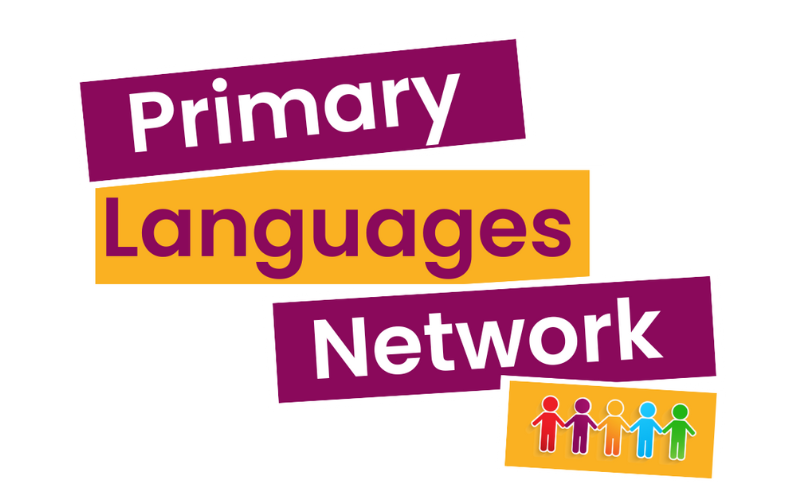More of our schools this year want to begin the process of assessing the progress of their language learners from Year 3 to Year 6 in the four skills of listening,speaking ,reading and writing.Over the last couple of years colleagues and I have tried to find a clear and easy pathway through assessment.This has taken time and there is yet more no doubt to do.However this year we are able to offer schools assessment packages for Year 3,4,5 and 6.
Here are the important facts about our assessment process
- Our assessment is skill based and populated with the content of the SOW,however.our network assessment framework is created in such a way that a teacher could populate the skill tests with their own content as long as the task meets the stage descriptor for the specific skill i.e listening,speaking,reading,writing
- We are aware that Year 3, 4, 5 and 6 could all be at "stage one" in skill development in some schools.We ask our schools to consider carefully whether their learners further up in KS2 are stage 1, 2, 3 or 4 in skill development .This means that teachers with children in Y6 could be using for example the Year 4 stage assessment benchmarks to assess progress.
- We use the terms "emerging, meeting and exceeding" as these are being used quite widely in other subject areas to assess progress aagianst national descriptors.
- We have tried to align our core skill (listening,speaking,reading and writing) descriptors to three key learning guides - the DFE POS learning objectives for KS2, the Y3-Y6 learning objectives for the four core skills in the KS2 Framework and to loosely align these to the CEFR levels (A1 and some A2).
- This year we are creating half term by half term "Puzzle It Out" sheets as a guide to both teachers and children.These contain quick and manageable activities and can be an integral part of the lesson.There is one activity per core skill and these can be used in all languages and can be kept as evidence in the children's individual record folders etc. Individual activities can be done at differnet times and in different lessons.Once again teachers can change the content in the activity as these are word documents but adhere to the task outline so as to meet the assessment benchmark core skill descriptor level.
- The assessment timetable varies in indiividual schools.Some schools are assesssing half term by half term, some are assessing once per term.
- The assessments are not end of unit tests .These are skill based tests and therefore in some schools they can be spread out, so that selected assessment tests occur three times over the school year for example.
- To be secure in meeting a skill level , we would expect to see a child have recorded level of "meeting" three times in the school year.To enable as many children as possible to achieve this some schools may need to deliver additional test opportunities if they have opted for the 3 times per year assessment
- Some schools assess all the children and others are assessing a sample. More schools are now opting for full cohort assessment beacuse our process is very manageable and will gove a clear picture of progress for all children.
- A spread sheet is provided which automatically shares a class summary and graph of progress for SLT.
- We offer our teachers within the network online ,email and face to face support to develop their assessment processes plus there are teacher tutorials on line to support members of staff within schools.
You can find out more here.

![2000px-Puzzled.svg[1].png](https://images.squarespace-cdn.com/content/v1/556c715ce4b09e217791b6fb/1445286403103-PYD8N5ITLNJ1FPI1X3LX/2000px-Puzzled.svg%5B1%5D.png)


